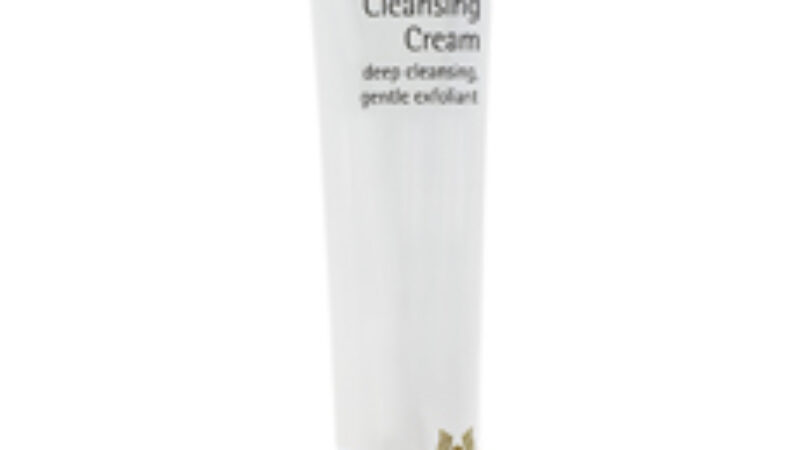You wear sunscreen, apply antioxidants, eat well, exercise regularly, yet you may still have damaged skin. Despite your good habits now, chances are that if you’ve lived life, your skin may show the signs. I’m a big advocate of prevention so if you aren’t applying sunscreen every day, start right now! While you’re at it, add in a topical antioxidant preparation which can help to boost the efficacy of your sunscreen and counter the effects of damage caused by free radicals.
Still have damaged skin to treat? These 5 ingredients come with evidence to back them up:
- Retinoids. Known for their anti-aging benefits, retinoids such as retinoic acid, retinol and retinaldehyde, improve the quality and appearance of sun damaged skin. In addition, these power houses can help manage acne and psoriasis. Try Apothekari A is For Anti-Aging (with stabilized retinaldehyde) or Green Cream (with retinol).
- Vitamin C. When applied topically, it improves collagen synthesis, reduces hyperpigmentation and has anti-inflammatory benefits too. Vitamin C can protect from UV damage in the first place. Always look for a stable formulation as found in Apothekari Brilliant C or Apothekari Undercover Agent.
- Vitamin B3 (as niacinamide). Has been shown to reduce the prevalence and intensity of sun spots in women aged 40-60. Try it in Apothekari A is For Anti-Aging Retinal Serum.
- Curcumin. The active ingredient in turmeric, it seems to be effective at healing sun damaged skin either when applied topically or taken orally.
- Hormones. Topical testosterone, progesterone and pregnenolone all reduced wrinkling in human skin. Topical estrogen and topical stress hormones (like cortisol) on the other hand, sped up the aging process. Despite the benefits of some hormones, self-administering isn’t recommended. Despite their positives, they can come with serious side effects if used incorrectly.





global warming sometimes be one of the causes of damaged skin and difficult to be avoided